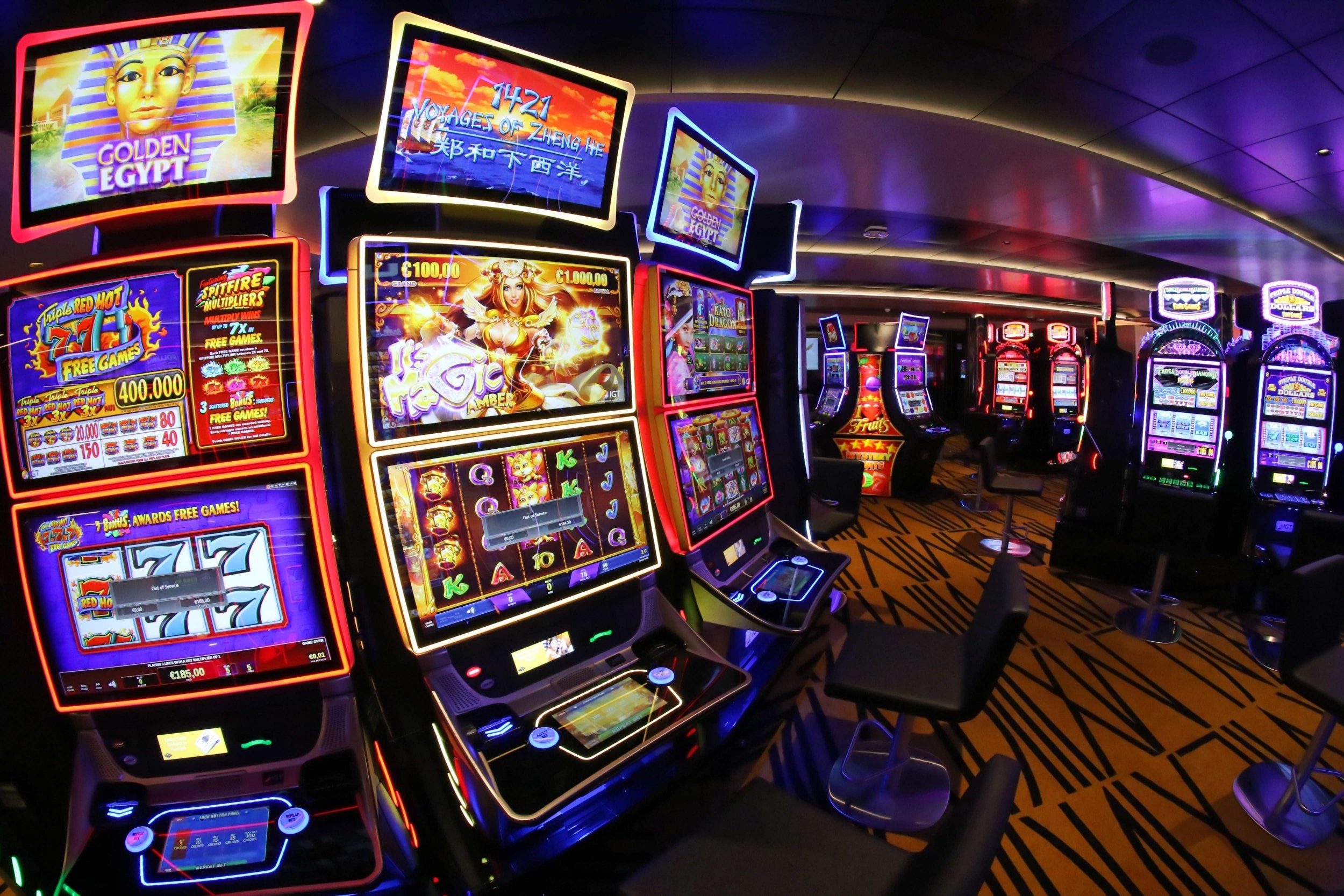How Does Technology Affect Gambling
The invisible barrier: “Illegal” gambling on the internet
Every aspect of our lives is represented on the internet. Everything from checking the weather to checking our bank account, paying our bills on the computer, sending daily messages to friends and family, ordering merchandise, and searching for answers to our questions. The most recent addition to market opportunities on the computer is the introduction of gambling.
Compulsive gambling is 100% psychological; therefore the initial quitting is relatively easy. However, being able to commit to not gambling becomes the primary challenge. With adequate treatment, gambling addiction can be managed. Unlike other addictions, such as food, a gambling addict does not need to gamble in order to survive. Internet gambling is a multi-billion dollar market and criminal activity may occur when using the net to gamble (keep in mind that internet gambling is illegal). Furthermore, virtually no government authority regulates online gambling. Lack of central regulation gives rise to the spread of illegal practices and an unfair use of resources. Technology Market Outlook Update. Gambling is the wagering of something of value, usually money, on the outcome of an event or game. As an activity heavily criticized by some, gambling still.
What is internet gambling?
How Does Technology Affect Gambling Affects

Any form of gambling, which makes use of the internet is referred to as internet gambling. It is commonly known as online gambling. The rising popularity of the different forms of Internet gambling like online poker, bingo and online casinos is greatly affecting society. Internet gambling is a multi-billion dollar market and criminal activity may occur when using the net to gamble (keep in mind that internet gambling is illegal). Furthermore, virtually no government authority regulates online gambling. Lack of central regulation gives rise to the spread of illegal practices and an unfair use of resources. We will attempt here to discuss social problems and impacts of internet gambling here, and invite your comments and feedback at the end.
Internet gambling impact on society
Criminal activity – On April 15, the Manhattan U.S. Attorney charged the principals of three of online poker’s biggest sites with bank fraud, illegal gambling and laundering billions of dollars. Online Gambling News Moreover, unregulated gambling provides network hackers with opportunities to gain an easy access to the confidential information of network users. Internet gambling involves online fund transfers requiring the exchange of credit card details over the Internet. Hackers can easily access such user details from online gambling websites.
Gambling addiction – I have a dear friend who reached a 10-year mark of recovery from gambling. One afternoon she logged onto the computer and up popped an internet gambling site. Curiosity tempted her to see what it was like. Within a few minutes, she was back into the gambling mode and lost thousands of dollars, without leaving her home. And I am sure that she is not the only person who has experienced the ease and availability of gambling on the internet.
Imbalanced distribution of money – The main winners in internet gambling are casinos. A panel composed of top casino officials, three of them were Las Vegas industry executives, all agreed that the legalization of internet gambling would give them the ability to reach out to new customers. And this already skewed picture of financial earnings would continue to favor already wealthy and resource-heavy institutions. Social welfare is not high on casino owners lists, shall we say.
Underage internet gambling – A huge public concern is the availability and easy access for teenagers to access the online gambling. The internet cannot verify anyone’s legal identification. The underage person can sign up for an account, state they are of legal age, provide a credit card, and they are on their way to winning the World Series Poker event.
Gambling and the internet: to legalize or not?
Internet gambling is illegal in the United States, but the debate is growing over whether to legalize, regulate and tax it is as a new revenue source for governments starving for cash to pay for under-funded programs. The popularity of poker, the game that is driving the effort to legalize online wagering, has grown exponentially in the last decade. And other games would soon follow suit. However, clearly the major beneficiaries of legalized internet gambling would be casinos. And we, the consumers, risk behavioral addictions, loss of finances, early gambling exposure to our adolescents and fraud to our personal accounts.

What do you think? Is internet gambling impacting us in any positive ways? Should gambling via the internet be legalized? What other ways does internet gambling impact us?
Are tribal operators early adopters of new gaming technologies or do they tend to stick with more traditional products?
It varies by the operator, but some of them are certainly early adopters willing to push the envelope of creativity. At the inception of the Technical Standards for CII, the basis of electronic play for Class II, bingo games required a more advanced technology platform than commercial markets. We’ve seen tribal operators recognise the advantages that the connected platform of games and systems can offer for progressives, bonusing and promotions.
What innovation in your products has been most well received by your tribal customers?
We have some of the best linked progressive technology and platforms. They have rich features that are flexible and scalable. Many customers have taken advantage of our capabilities to enrich their player’s experience.
‘Omnichannel’ has been the industry’s buzzword for some time, do you see it coming to fruition for tribal casinos?
We already see it being used or in progress for some of our customers that are embracing the technology available, extending services beyond their casino walls. Mobile, interactive, loyalty and promotions are all areas benefiting from this technology
Can technology-driven innovations such as AR and VR gaming attract a younger demographic to tribal casinos?
Customers are attracted to casinos for the gambling, dining, entertainment and social experience. The technology innovations of AR/VR themselves are not the drivers. Some of the applications utilising AR/VR can enhance the experience, which make it more appealing for the younger demographic, but the tangible services and products must remain competitive.
Do you feel that skill gaming is going to be a growth area for the gaming industry in general and if so how does AGS plan to take advantage of it?
Skill-based slot games remain challenging because they don’t necessarily address the reasons why people gamble to begin with, and the wagering mechanic is not natural. Although we don’t believe skill-based slots will be a significant growth area, we do believe it can add value by enriching the slot environment. Additionally, we believe table games satisfy the skill element in gambling as blackjack and poker incorporate some level of skill. Our table game products include many blackjack and poker derivative games, which combine chance and decision-making to deliver a truly exciting and volatile gaming experience.
How important are premium IP tie-ins to AGS? Do you plan to expand your partnerships with IP owners?
How Does Technology Affect Gambling Addiction
We are always thoughtful about Intellectual Property and its utilisation within our products. If the IP helps us to create a compelling experience for our players, we will definitely expand on the opportunity.Digital table games are starting to make appearances at casinos, do you feel they can challenge more traditional formats?
I think they are already challenging some of the analogue formats in the sense they can be a gateway product. We don’t see them as a replacement, but perhaps they can augment the experience for a different type of player.